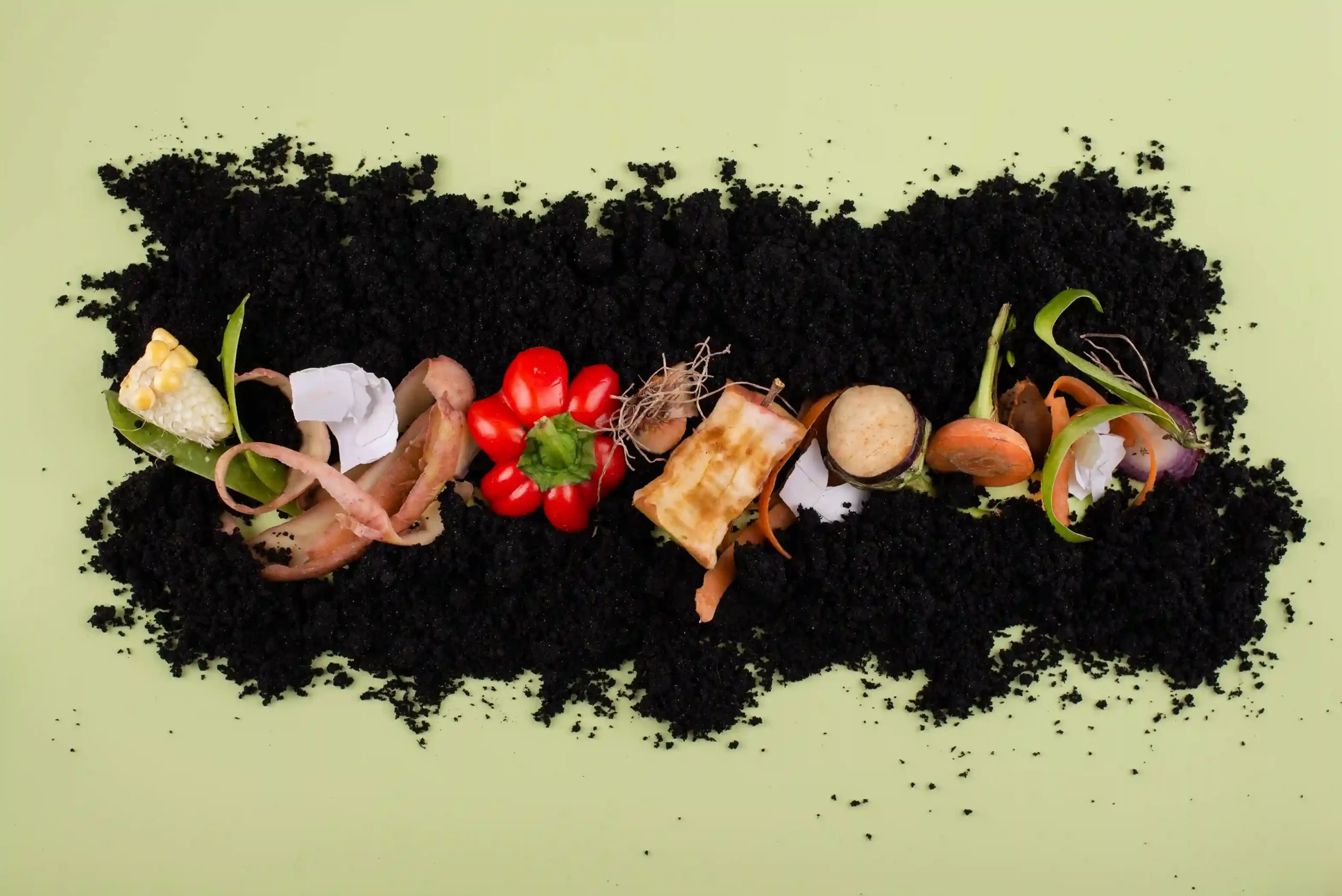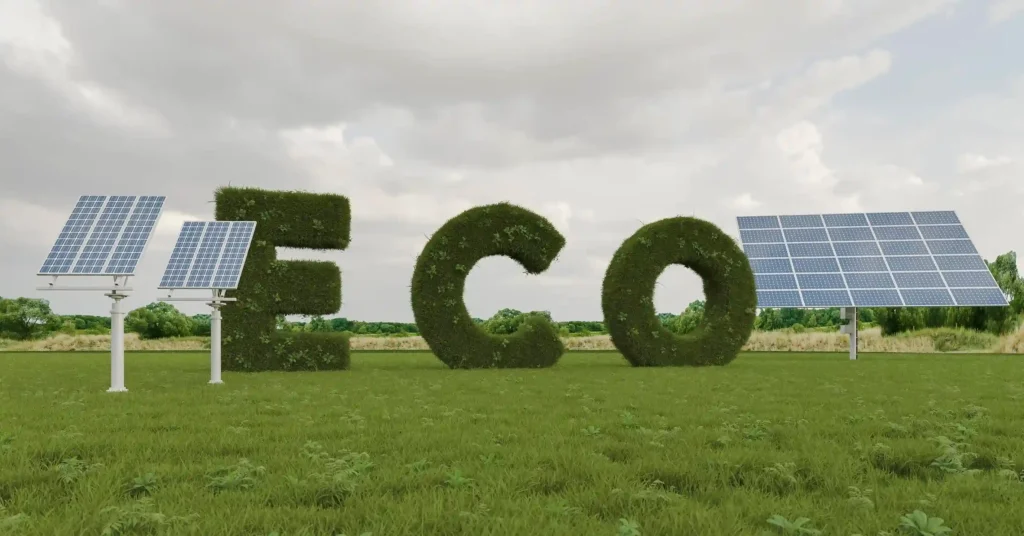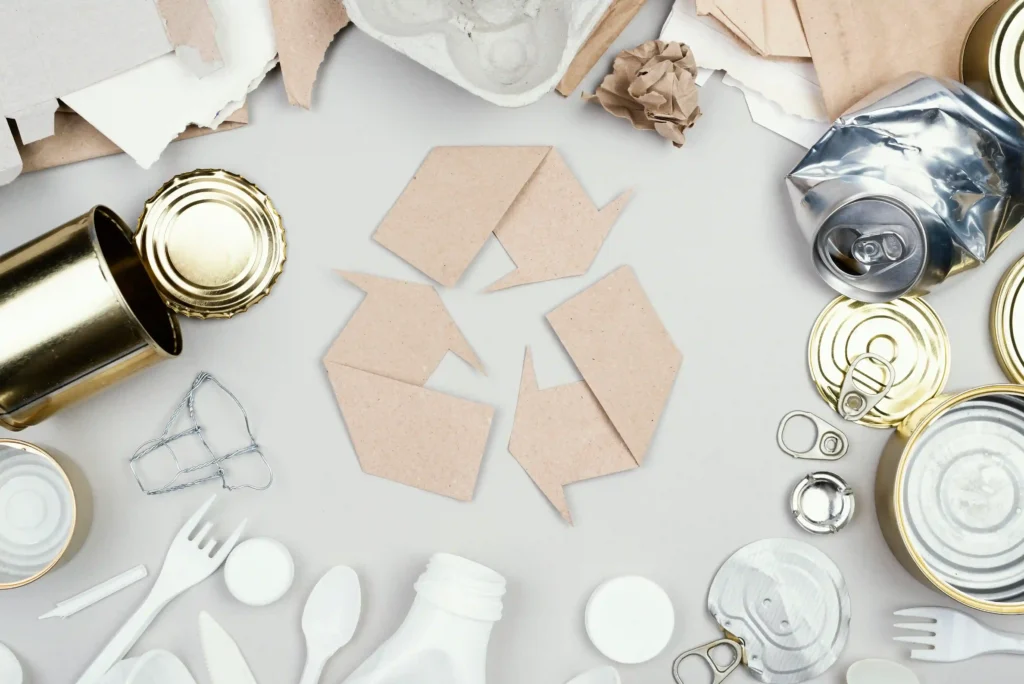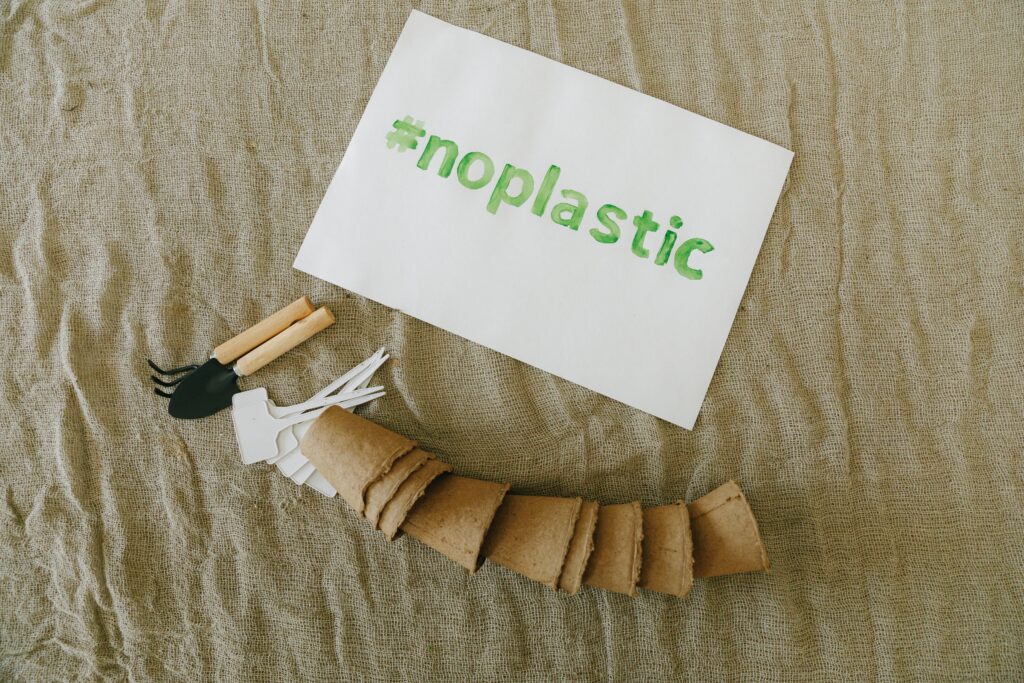Organic waste:
Organic waste, which is from green waste, food waste, and animal waste. It can be helpful for the home garden and for large farming sectors. Especially for zero-carbon gardening. We already make our world’s health very bad by giving chemical fertilisers and harmful methods to the soil. It makes our pure world a more chemical-filled one. We were eating unhealthy foods for many years. That’s why we were affected by many kinds of diseases. If we take some steps forward to make changes in this kind of thing, it will make our future generation healthier.
Composite organic waste is the easiest way to do it in a small area. Many kinds of machines are made for the composition of food waste and animal waste to become organic fertilisers. From our small steps from home, we make our country and this world more green and healthier. In this blog, I have written about the composition of organic waste below,
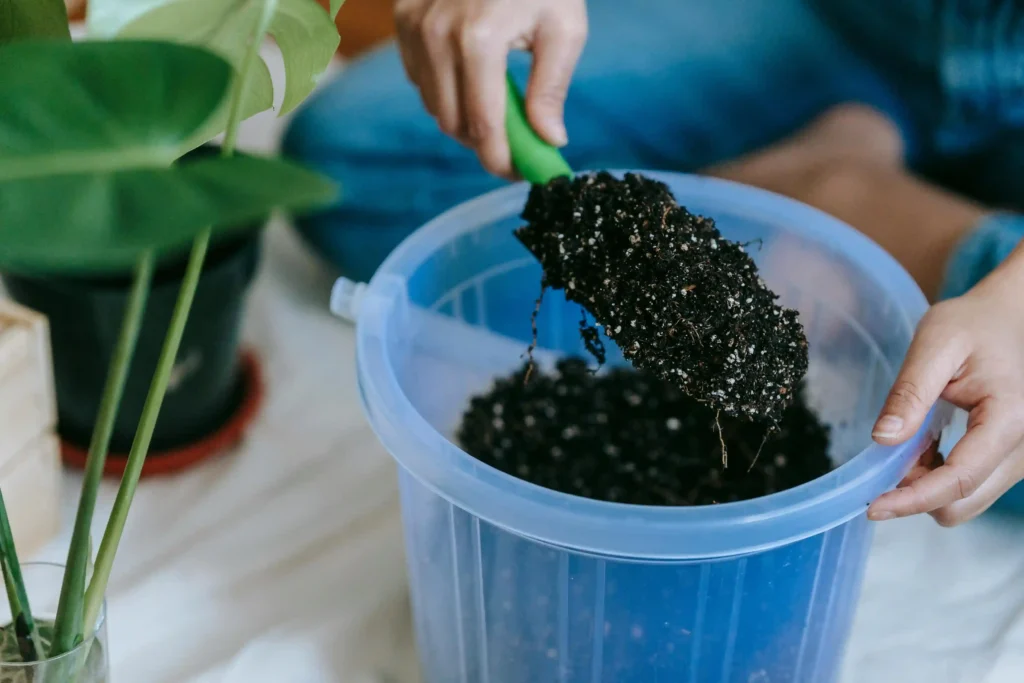
Organic waste composition:
Waste from food, gardens, animals, wood, and stationary waste can all decompose easily. Filling this kind of waste in a yard or in a big bag for a long time without the contact of oxygen will decompose the waste easily. Using worms is also a great part of decomposition. By using biodegradable bags and papers, we can make organic compost. These practices vary depending on different kinds of geographical land, culture, and individual practices.
Composting of organic waste for the garden:
Organic waste is the best fertiliser for gardening. Setting up your garden with organic waste, which is decomposed or used as normal waste, will make the soil healthier to grow the plant without affecting plant health. From my personal experience, I could say that it can be more powerful than inorganic fertilisers. It may take some time, but if it takes more time, it will be stronger. I can see the difference between inorganic fertiliser work and organic fertiliser work in plants.
Before planting in the pit, fill some coconut scraps that are granted under the plant to observe water and keep it wet so that it can create humidity under the plant. Every plant waste and food waste is a greater organic waste in the garden. It’s a small tip, but there are many kinds of tips given by the biological experts and the farmers about this kind of organic way of planting. Here we will talk about the kitchen waste compost and some animal waste compost and how to composite the waste.
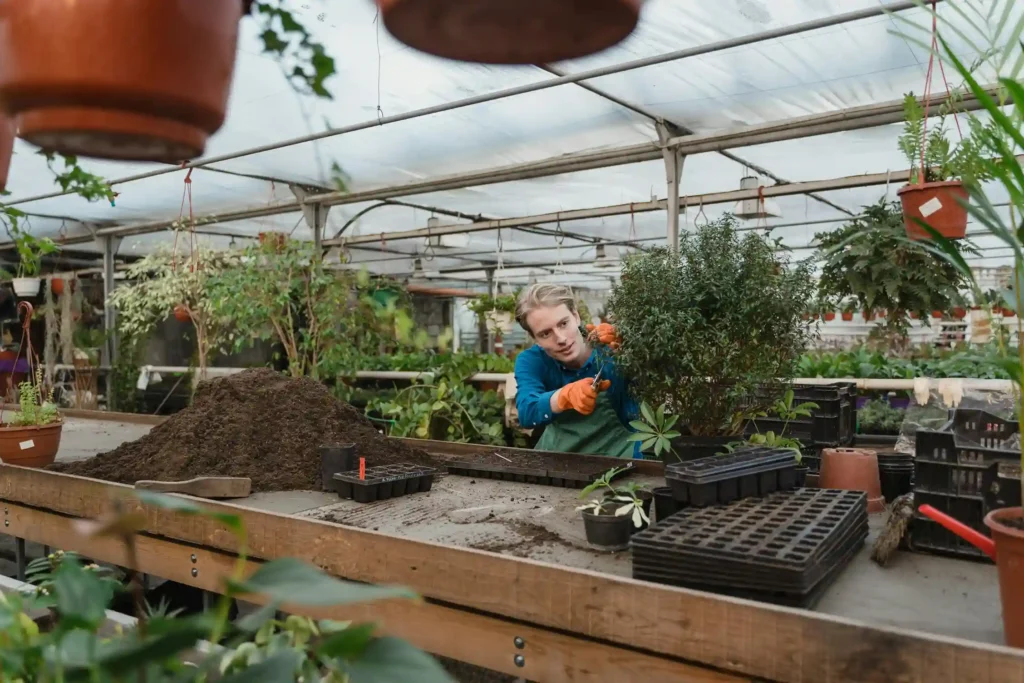
How to make compost at home:
Waste from hens and cows, kitchen waste from food and vegetables, green waste from grass, and tree waste are the things that can help make organic waste compost at home.
Making compost from kitchen waste:
Kitchen waste is the best thing that has to be used for organic fertiliser. Things like fruit and vegetable waste, cooked food waste, meat and fish waste, and egg shells are part of the organic waste composite. By storing this kind of waste in the pit for a long time and adding some worms to it, this process will become much faster.
Vegetable waste to manure:
Vegetable waste is the highest level of scrap that is made by humans. In hotels, functions, and at home, the vegetable waste was produced by us. So storing this kind of waste in a pit or in a big bag every day will turn it into manure. And we can use it in our plants and garden areas. There are many kinds of organic fertiliser produced by natural means and by machines. Yes, nowadays, the world’s changes make it easier to do it. Because of the high population, we have a shortage of living areas in cities. So using machines will help to decompose this kind of home waste.
Compostable fish and meat scraps:
Fish and meat scraps are also among the wide range of scrap that is made by us. Meat and fish bones are not easily decomposed on land by grinding them to become solids. Some things are not easily decomposed on land or by any organic way of composition. So grinding them can be a very helpful way to decompose in any kind of composition method.
Compost cow dung manure:
In villages, cow dung is saved in a big pit with straw, and every waste from home is also filled in there. And after some time, they use that as fertiliser for their forming place. But now even villages are also using chemical fertilisers.
Drying the cow dung by pasting it to the wall like a plate. After drying, use that as firewood. Even that ash is used as a fertiliser for the plant. That makes the plant grow faster and doesn’t let bugs and insects spoil the plant.
Composting human waste with worms:
Composting human waste with worms is also known as vermicomposting. It is an eco-friendly way of utilising natural waste to provide rich nutrients to the plants. By using this kind of decomposition method, we can avoid the use of chemical components to decompose the natural waste. It not only contributes to sustainable practices and waste management but also relies on no chemical fertiliser.
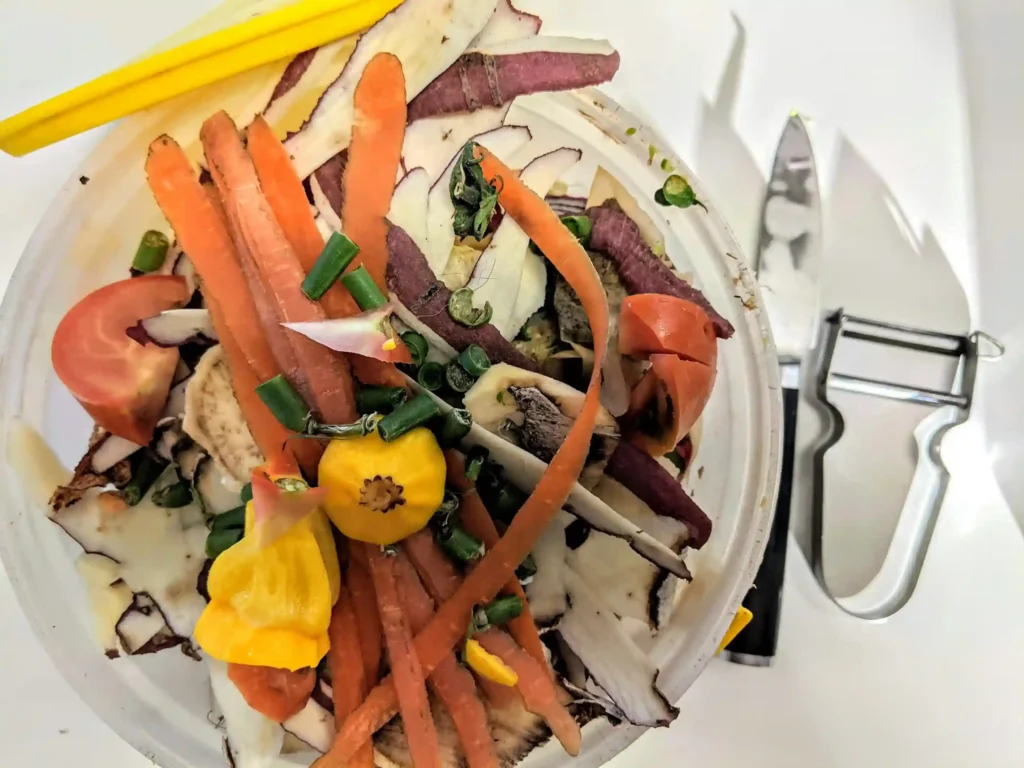
The best way to compost food waste:
- Adding earthworms to the waste storage pit,
- Putting nitrogen-filled, rich material first before putting food waste into a 14-inch pit can make the process faster.
- Having a balanced amount of green and brown waste.
- Maintain the waste yard mostly wet so that the decomposition will happen by the bacteria because bacteria grow in wet and moisturiser places.
- Separate the waste like peeled veggies and fruits, eggshells, tea leaves, and coffee, trimmed plant waste, food waste from filtered breads, et cetera.
- If you don’t have a yard, you can use big bags and machines for compost.
Our earth has the capacity to change every kind of waste or harmful material into a good fertiliser for plants and animals. We are the ones who made our earth more polluted by using chemical fertilisers and some inorganic materials in our everyday lives. So if we take a step forward, the organic way of composting our plants and farming area will change everything. Some villages are aware of this kind of thing, so they try to adapt to this kind of practice. If we give what makes our earth healthier, it will make our lifestyle healthier.
